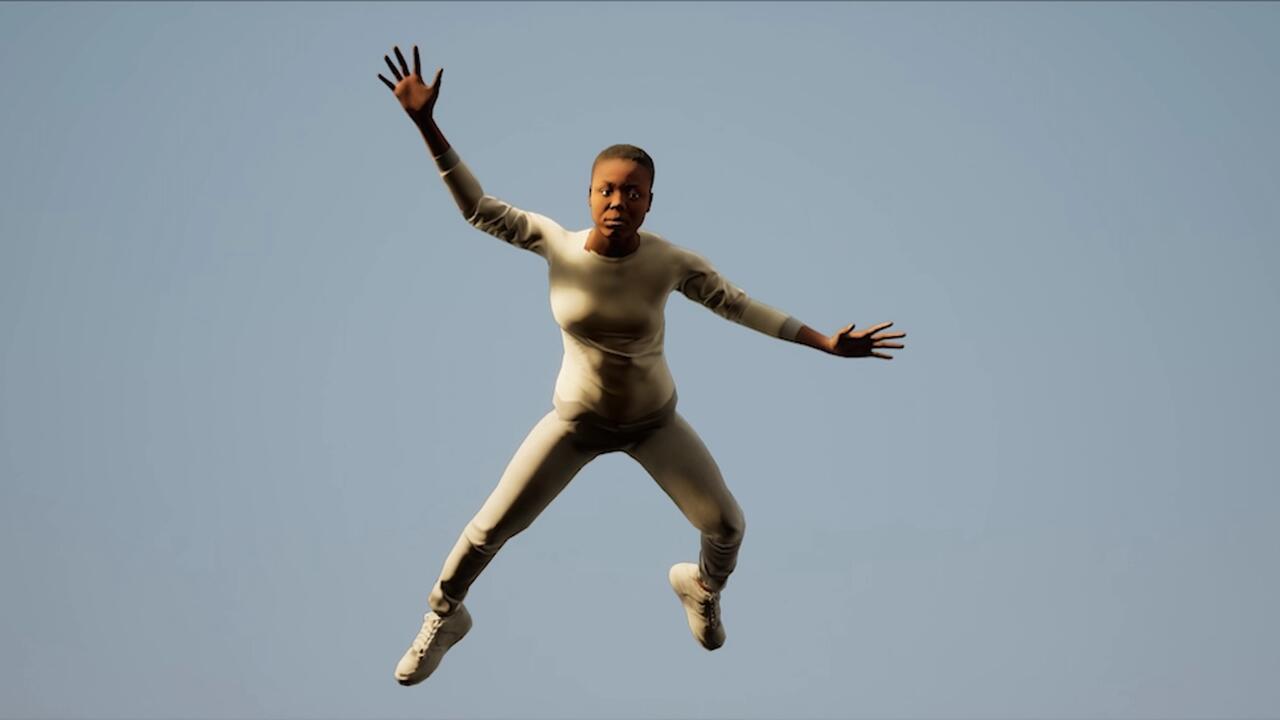‘Visibility is not Equality’: Chelsea Manning’s First Public UK Appearance
At an event hosted by the ICA in London, the whistleblower and activist talked about the dangers of technology and how the US is now ‘like a prison’
At an event hosted by the ICA in London, the whistleblower and activist talked about the dangers of technology and how the US is now ‘like a prison’

‘Who has agency?’
‘We do.’
Chelsea Manning isn’t here to chat. She’s here to deliver a message, and she does so with military precision. On Monday 1 October, Manning made her first UK appearance since her release from a US prison in May 2017. She was in conversation with artist and writer James Bridle, but really she knew what she wanted to say, and she didn’t need any help saying it.
Since early 2017, when President Obama commuted her 35-year sentence, of which she served seven years, the 30-year-old activist and whistle-blower has gained an international reputation for her prison advocacy, her campaigning for trans equality and her work in the interest of democracy. Earlier this year, she stood for the Democratic nomination to the US Senate race in Maryland, coming second to the incumbent, Ben Cardin. Manning used her candidacy to introduce radical ideas into mainstream political discourse. She proposed abolishing the US Customs and Immigration Enforcement Agency, defunding the police and introducing a universal basic income.
On Monday Manning addressed a packed auditorium at the Royal Institution, London, saying that in the years since 2010, when she disclosed to Wikileaks nearly 750,000 classified and sensitive documents related to US military and diplomatic activities, including videos of airstrikes in Iraq and Afghanistan, she has seen an intensification of social injustice and political corruption. The US, with its border walls and mass surveillance, is now ‘like a prison’. Manning locates a large part of the problem in the way technologies are deployed by corporations and governments. She outlined how statistical analysis tools originally developed for use in marketing were taken up by the military, and then returned to civilian use through social media, but their ‘mathematical basis is largely the same’. Manning acknowledged that the general population has been learning about these technologies. As she put it, ‘it’s not an awareness problem. The problem is what to do about it.’

Manning spoke with urgency, placing emphasis on nearly every clause. She attributes imbalances of power to the problem of centralization, and advocates for the decentralization of tools, internet service providers and news outlets in favour of the empowerment of civilians. Her message was clear: ‘we need to decrease the role they play and increase the role we play.’ As for the workings of big internet companies and governments, which are run in such a way as to keep people in the dark about their operations, ‘when someone pops that bubble, you can’t return.’ For many people in the room on Monday, Manning was that ‘someone’.
Over the past year, Manning has travelled around the US, meeting with local communities, observing and participating in grassroots democratic movements. She has come to see that ‘organizers are ignored because [people believe] the federal government will come up with solutions … there’s an expectation by a lot of folks that someone is going to come and fix things’. But ‘we can’t expect a broken system to fix itself. We have to provoke it to change.’ The question is how. Manning does not purport to hold the solution to today’s problems, but in the first instance, she advocates simply listening to others. Traditional forms of protest are useful but according to Manning there is a need for organizers to explore more risky and extreme versions of protest not limited to voting, signing petitions and demonstrations. When she visited Chapel Hill, North Carolina recently, Manning witnessed students pulling down a confederate statue – something she said had been attempted in Chapel Hill several times over the past 50 years. It was ‘one of the most inspiring things I’ve ever seen in my life, even though it was a small local moment, because of the intensity. It was an organic thing nobody told them to do.’ Aside from appreciating the wider repercussions of such actions, Manning gets something personal from these experiences; she explained that ‘it’s validating for me to be near these people.’

When Bridle pointed out that technology might not be all bad, since it has enabled many modes of representation, for example new feminisms and trans culture, Manning instantly retorted: ‘There’s a misunderstanding: visibility is not the same thing as equality. As a trans woman, I know that there is a systemic problem that can only be addressed when we challenge the core assumptions in society.’
Part of the problem, as Manning sees it, is that policymakers have seldom understood new technologies. Their failure to grasp the workings of machine learning and algorithms, which Manning calls ‘inorganic life forms’, has exponentially multiplied individual instances of injustice to epidemic proportions, for example, with predictive technology, ‘if someone is more likely to get arrested, [algorithms multiply that likelihood] times 1 million.’ Developers have always been aware of biases in their systems, but they were implemented anyway because ‘it was in the interest of decision makers’. She has first hand experience of this: ‘I knew about the biases in the systems I was working with.’ But you do it anyway, ‘to keep your job’. Such behaviour, in Manning’s view ‘entrenches incumbency’.
Drawing a historical analogy with the scientists who refused to work on the Manhattan Project, the joint effort led by the United States and Canada that resulted in the first nuclear weapons, Manning called on algorithm developers to say ‘enough is enough’ and to borrow techniques from the labour movement of the early part of the 20th century: to ‘strike, walk out and go slow’. In London, Manning advocated an ethical form of refusal that seems as urgent in the tech industries and government as it does in all spheres of life, including the arts and culture. Put simply, Manning’s message was that it is high time we all acted, based on what we already know. As she put it, ‘I want to see people do something, not just support those who already have.’
Main image: Chelsea Manning photographed outside of the Institute Of Contemporary Arts (ICA), London, ahead of the talk at the Royal Institute, London, 1 October, 2018, organized by the ICA. Photograph: Jack Taylor/Getty Images



















